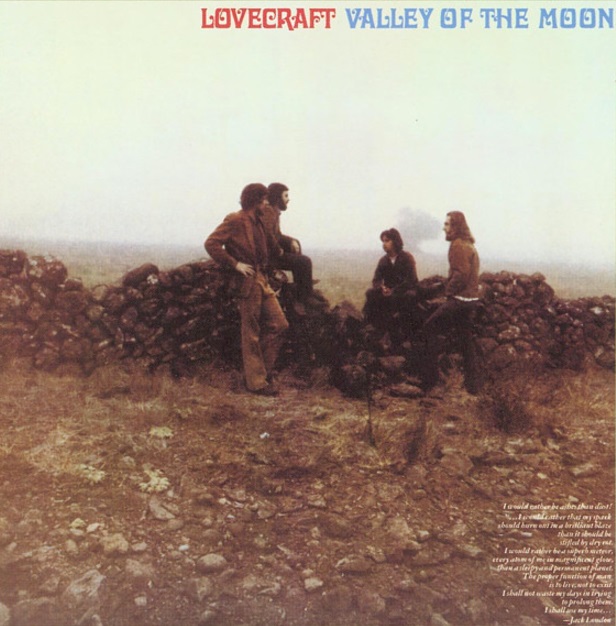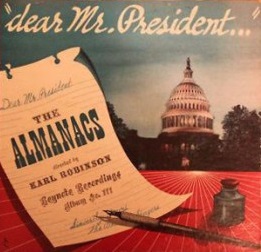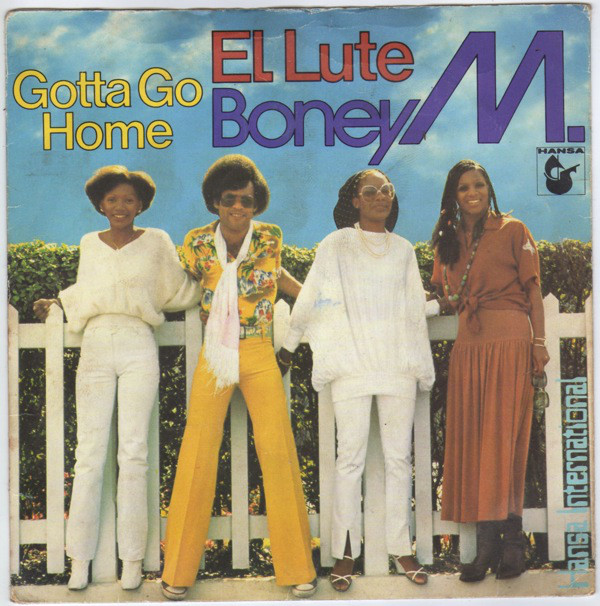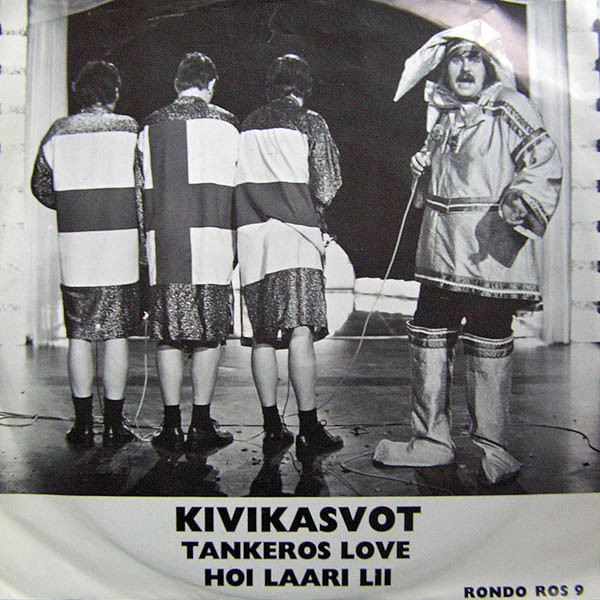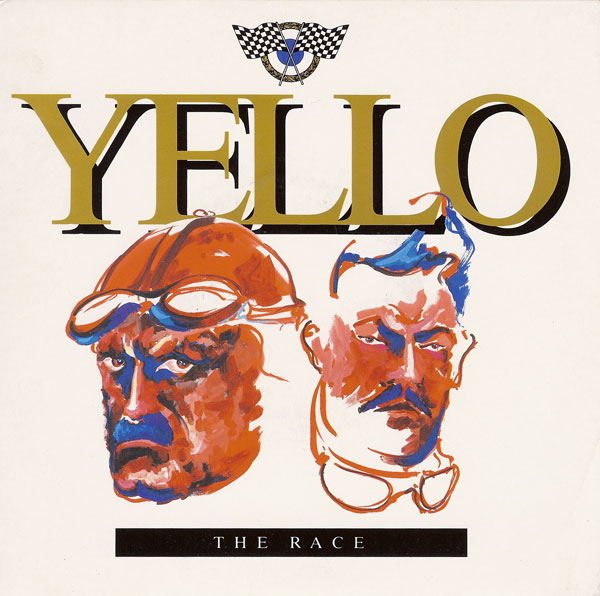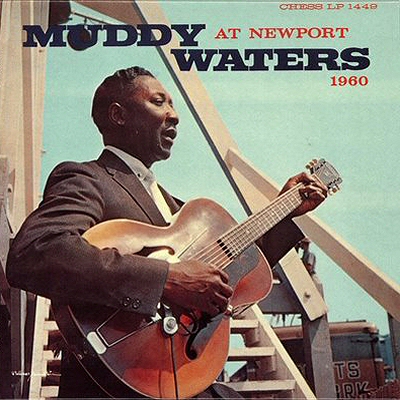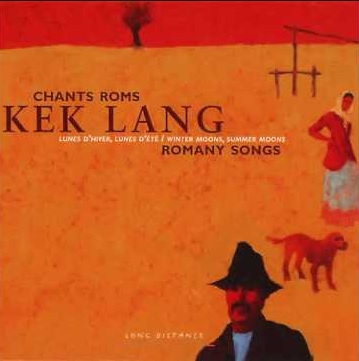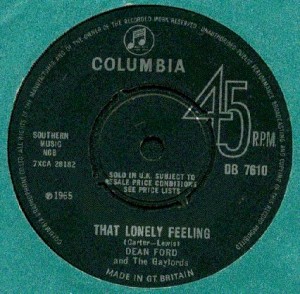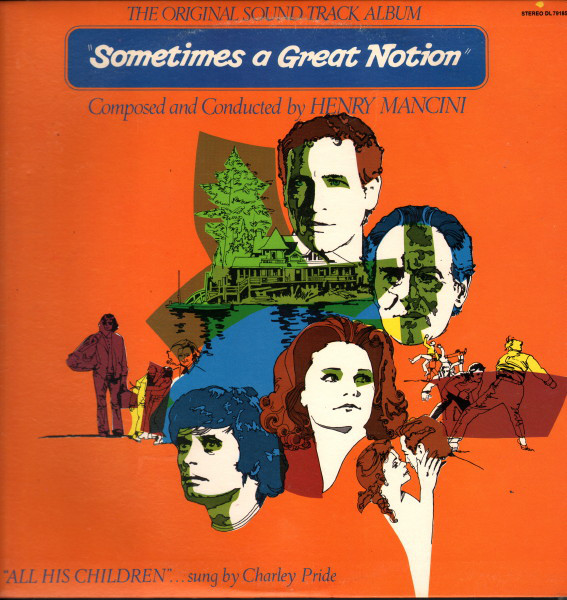
“All His Children” (1971) – Charley Pride with Henry Mancini * Written by Alan Bergman, Marilyn Bergman, and Henry Mancini * Produced by Jack Clement * LP: Sometimes a Great Notion (soundtrack) * 45 B-side: “You’ll Still Be the One * Label: Decca (LP); RCA (45) * Charts: #92 (Billboard Hot 100); #2 (Billboard country)
The 1971 Paul Newman film Sometimes a Great Notion (which had the much better overseas title of Never Give an Inch) put Ken Kesey’s Oregon logging novel to the big screen. If early seventies media tended to splash its feet in post-sixties cultural bewilderment, this film submerged itself, with every development—all the way to the closing credits—feeling like a gasping lunge through political and interpersonal complexity. Charley Pride’s forgettable theme song, written by composers who otherwise excelled in memorability, seemed to betray their low estimation of the country genre. The oddly-paired billing of Pride and Mancini (who gave the arrangement scoopfuls of stock background vocals) only added to the entire project’s murkiness. What makes “All His Children” special, though, is Pride’s final note, which sputters with knowing exasperation.


